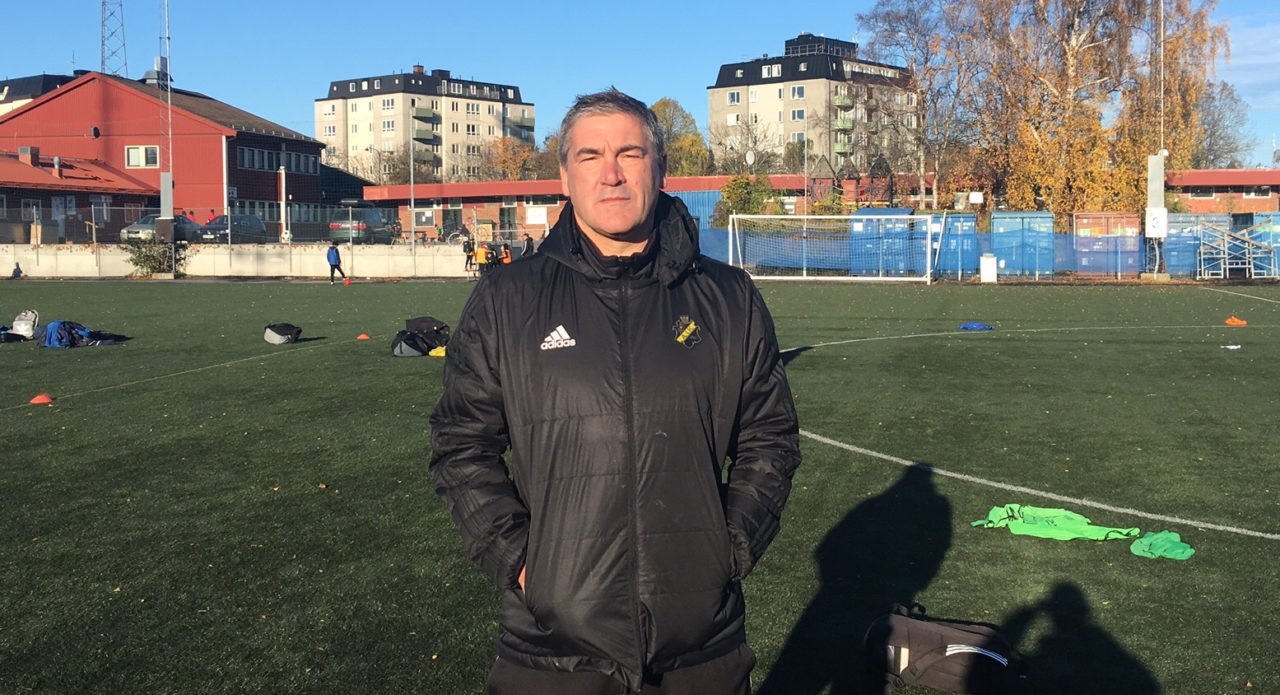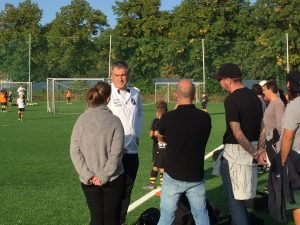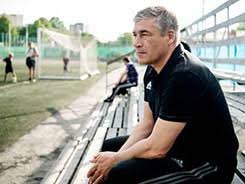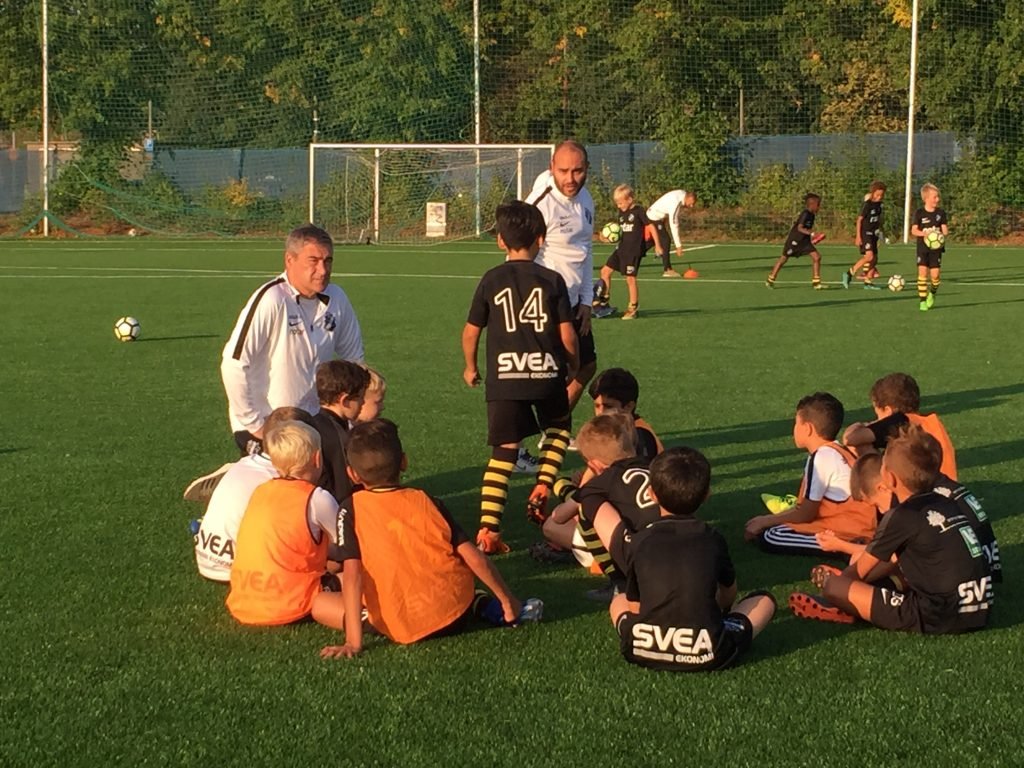
Dr Mark O'Sullivan
Associate Professor of Football at the Norwegian School of Sport Sciences
Bringing a wealth of expertise in the realm of sports, he has played a key role in coach and player education and development at AIK in Sweden. Holding a UEFA A coaching license, Mark is recognized for his commitment to excellence. As a distinguished academic, he holds a Doctor of Philosophy in Sport, specializing in Pedagogical Culture, Coaching, and Coach Education. Beyond his contributions to the field, he is also the owner and writer of Footblogball.
This interview was conducted when I worked for AIK youth football between 2017-2022.
How would you define a parent’s role within the youth sports environment?
I see parents as partners. The message that I want to send in reference to their child’s participation is- As many as possible, as long as possible in the best environment possible.
What are the benefits of embracing parental involvement in youth sports?
In Creating a culture of “ trust” it is important that the club, coach, and parent send the same message/signals to the child.
How have you as a coach/club attempted to increase parental involvement?
We have in our policy document that every parent must attend at least one Parent Education workshop before their child can play in the club. The idea is that we all develop a more informed opinion around performance, participation and personal development in youth sport. I am responsible for the creation and implementation of these workshops. They are of great benefit to the club as the discussions that emerge during these workshops provide us with new information and better insight.
The content used in the workshop is very much based on the work of people that I have been fortunate to interview and have discussions with for my blog. Jean Cote, Richard Bailey, Dr, Martin Toms, Nick Levett, Lynn Kidman, Ian Renshaw, Mark Upton, Johan Fallby and Keith Davids.
What challenges have you faced by attempting to increase the level of parental involvement?
In Sweden, traditionally up until the ages of 12/13 it is often parents that are the coaches. They get free coach education (paid for by tax-payers money). Last year in our club we educated 38 parent coaches in the C Diploma. We aim to do the same this year and hopefully, some of those parent coaches from last year will continue their education and do the B Youth Diploma. The challenges we face seem to emerge from the society we are creating. A sporting club or organization is a great resource to society. It has the potential to facilitate positive learning experiences both on and off the field. Its youngest members live out some very fragile and complex years that can also be their most fun and joy filled days.
However, there are many counter-productive ideologies in youth sports, just as there are in our education system where we confuse intelligence with academic ability we also confuse performance with talent. I feel there is a need to raise the question how these counter-productive ideologies influence the formation of ideas among children and parents, ideas about development and learning and what it should look like. Today, there is a tendency to look at youth sports as adults and children. Many believe that children can only learn in adult-organized environments. Sport is also simply just children “playing” sport.
Is there a way to challenge and transcend traditional structures, coaching habits and established practices around development and learning by exploring ideas that support the learner and the learning process? I guess this is what my aim is with our parent education workshops.
Have you seen any difference in players when parental involvement is embraced not neglected and/or ignored?
Some of our younger teams have a “parent of the week” project. This means that every week a non-coaching parent attends training and games that take place in that week. This has proven to be very popular with coaches, parents and children. It also gives parents a good insight into the work put in by volunteer coaches and how the whole complex dynamic of running a youth team works. It is also quite common at our club that each youth team will have some parents involved in administration and other involved in the finances.
What advice would you give coaches who are unsure and/or afraid about increasing parental involvement within youth sports?
Parents are our partners. In my opinion, the key to a successful youth sports environment in any club is high-quality parent education and better coach educators who can deliver both coach and parent education.
For those parents unaware of their influential role within youth sports, what advice would you give them?
Develop a relationship with the coach and other parents. Be curious and try and do some research around the child in sport.
Thank you to Mark for taking the time to complete the following interview questions.

















